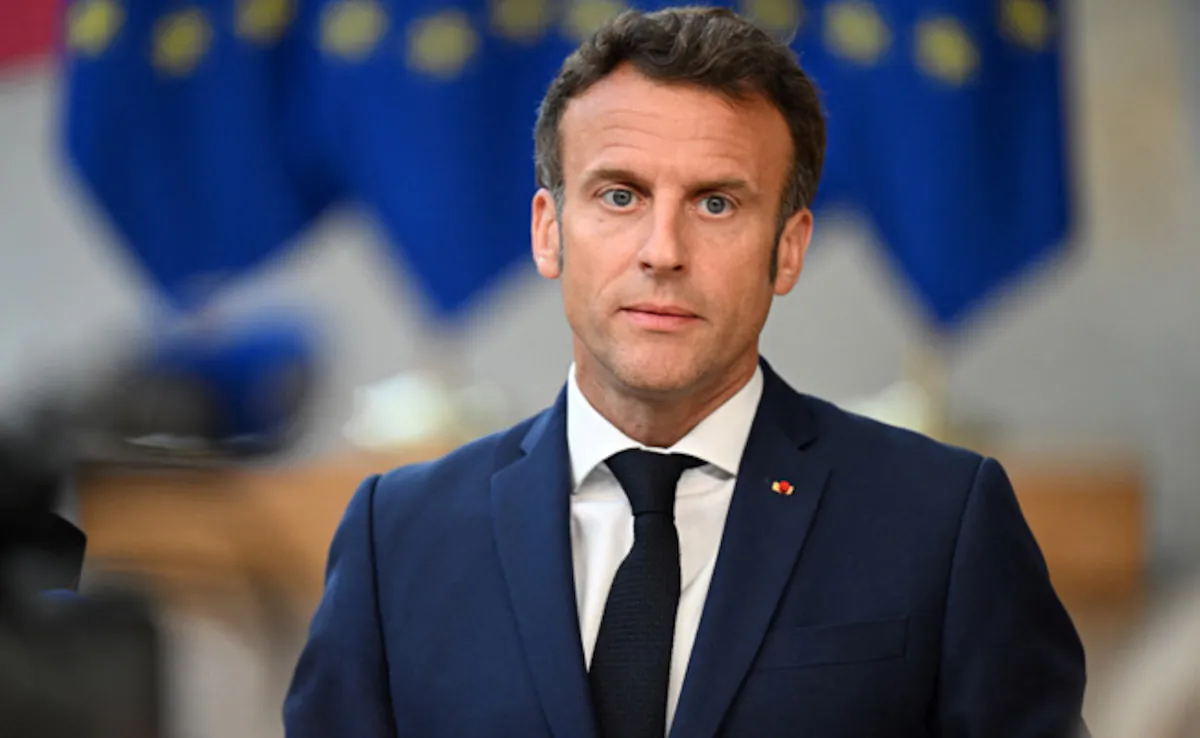GloNews10

France is facing a new political crisis after Prime Minister François Bayrou was ousted in a rare confidence vote. The dramatic collapse has left President Emmanuel Macron scrambling to appoint his fourth prime minister in just one year, highlighting the deep divisions shaking the nation.
The failed vote centered around a controversial deficit-reduction plan, which opponents argued would unfairly burden workers and the middle class. The defeat has raised concerns not only in France but across the European Union, as markets and political analysts assess the implications.
The confidence vote came after weeks of political tension. Bayrou’s proposal to reduce France’s deficit by cutting public spending and restructuring welfare programs triggered strong opposition. Lawmakers across party lines accused the government of pushing austerity measures at a time of economic hardship.
For many, the defeat reflected a loss of trust in Macron’s leadership. The government has already cycled through multiple prime ministers, and the instability has left France struggling to project political strength both at home and abroad.

With Bayrou’s ouster, President Macron faces the difficult task of selecting a new leader who can unite the fractured political landscape. Analysts note that Macron’s shrinking support in parliament may make it nearly impossible to push through future reforms without building new alliances.
This instability could have ripple effects on the European Union, where France plays a central role in economic and security decisions. A weak French government could complicate EU negotiations on trade, energy, and defense.
The immediate fallout was seen in financial markets.
Global investors are watching closely, as France is the eurozone’s second-largest economy. A prolonged political vacuum could undermine EU economic confidence at a critical time when the bloc is addressing both inflation and security concerns.
(Reuters)
On the streets of Paris, reactions are mixed. Some citizens welcomed the government’s defeat, seeing it as a pushback against unpopular austerity policies. Others expressed frustration at yet another political upheaval, worried about the country’s ability to tackle pressing issues such as inflation, healthcare reforms, and immigration.
Social media platforms lit up with hashtags like #FranceCrisis and #MacronUnderPressure, amplifying both criticism and calls for change.
Macron is expected to announce his choice for the next prime minister within days. However, experts believe that unless significant compromises are made, the new government may face the same fate as its predecessors.
This latest collapse underscores a central question: Can Macron restore stability before France heads into the next round of elections? The answer will shape not only the country’s future but also the direction of the European Union.